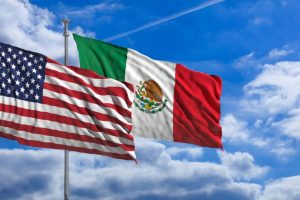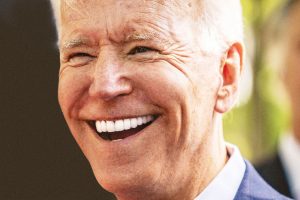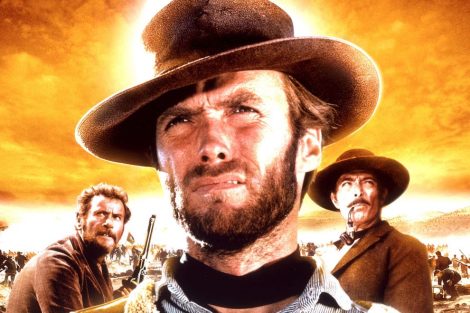As in good circuses, the great show occurs simultaneously on three rings:
The main one is, of course, the global economy. Which represents little more than 80 trillion dollars annually. In the last decades, its main expression has been a growing inequity in the distribution of such wealth. The slice of the richest 1% is growing every day.
The second clue to the global dispute over power and resources is literally the battlefield. In part because of the overwhelming military superiority of the United States versus the rest of the countries (even together), currently, there are barely fifty armed conflicts in various parts of the planet. And although they tend to attract the reflectors, in terms of violence, these confrontations generate a small percentage of the deaths – about half a million – caused by the almost 900 million firearms that worldwide are in the hands of the civilian population. Organized crime and the cult of violence are the main forces behind such a blood river.
The third belongs to us, the vast majority of human beings. The dispute to conquer people’s minds and hearts occur in the small screens we have in front of our eyes; on our mobiles Beyond religions and ideologies, it is in the field of media propaganda where the show of everyday life happens.
The information war defines both the values and aspirations of societies and individuals. In the era of the post-truth, the Fake news rule.
The issue is not new. Surely the first false news in history was recorded when the snake tricked Eva about the possible consequences of tasting the apple of knowledge. The new thing, however, is that today, at the dawn of the digital revolution, the scope of using prejudices and technologies as tools of deception and manipulation can be much greater.
No one should be surprised that “propaganda” is considered by many to be a bad word; after all, in its renewed versions –such populist leaders all over the planet—it’s use is associated with Joseph Goebbels, that perverse character in charge of spreading the truths of the Third Reich.
No doubt that its propaganda machinery was for almost 100 years one of the main strengths of the imperial United States. Hollywood defined values and dreams, its great newspapers, the news that were “fit to be printed”. While radio and television worked were massive entertainment machine at the service of commercial products.
One of the main differences between the last century and this one is the strength of Social Media. In the new world Facebook, Twitter, Google have become huge public squares – potentially billions of people – in which collective catharsis, debates, lynching’s and celebrations occur. They all work from what social scientists call “confirmation bias”, that is, the confirmation of our prejudices.
If the fundamental algorithms of social networks serve equally to promote social rebellions such as the Arab Spring than to manipulate elections (Brexit, U.S. 2016), at least we would have to question the “blessed” character of such platforms.
For the classics of political science, the presence of a free press is a necessary condition for a political regime to be considered democratic.
A concept developed from a somewhat idealized view of the journalistic profession – more Katherine Graham, less Randolph Hearst – the presence of independent and professional media in many countries has not been a reality.
Like the rhetoric according to which the American way of life was a universally shared aspiration that did not lead to extreme consumerism and environmental predation, the wonder years paradigms have been cracking. The very concept of democracy has been devalued and it’s quite clear, especially among the younger generations, the effects of great annoyance toward everything associated with the old order.
In particular, the communication and information industries have undergone major transformations; which could perhaps be synthesized in one sentence: today almost everything is digital.
“The Internet is the largest system of confirmation of our prejudices. Their analytical and behavioral tools and its own algorithms are designed to give us the information we want to receive, explains Richard Stengel, Undersecretary of Public Information for the Barak Obama government.
In his most recent book, Information Wars, the former editor of Time magazine also describes the onslaught of the self-styled Islamic State (ISIS), Vladimir Putin and Donald Trump himself to use the information as a weapon.
The weaponization of information. Disinformation strategies and operations are the new tools in the dispute over the control of the public narrative that different societies adopt as true & real and, therefore, define the main perceptions of their reality and destiny.
“Disinformation does not create differences, it amplifies them,” says Stengel.
Therefore, un this historic moment of reconfiguration of the tectonic plaques of the social fabric, the battle for a common narrative may be the main dispute for a global economy facing multiple challenges in the local and national fronts. From the massive booing to President Trump at home, to the secretive disputes inside the board of directors of China Inc.










